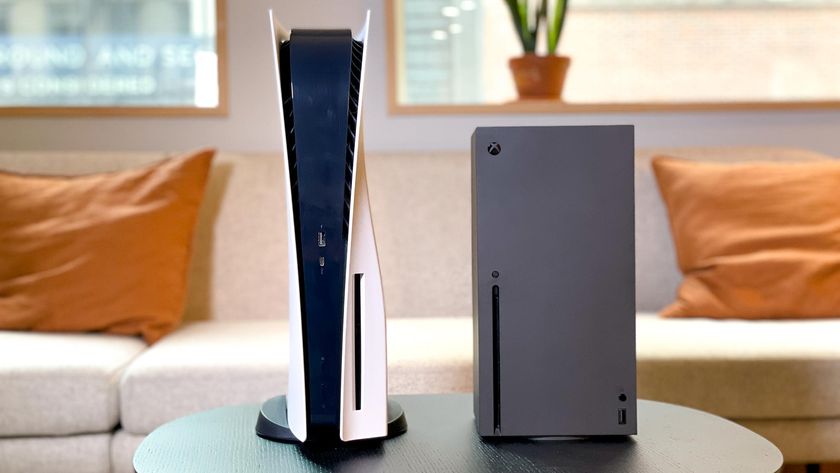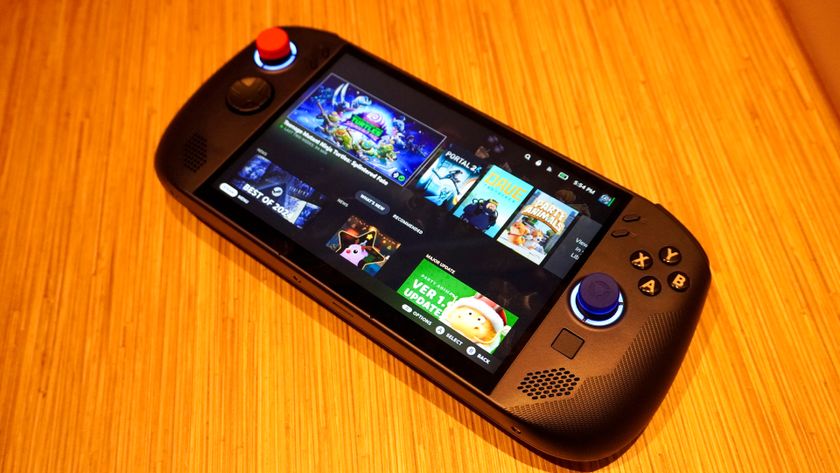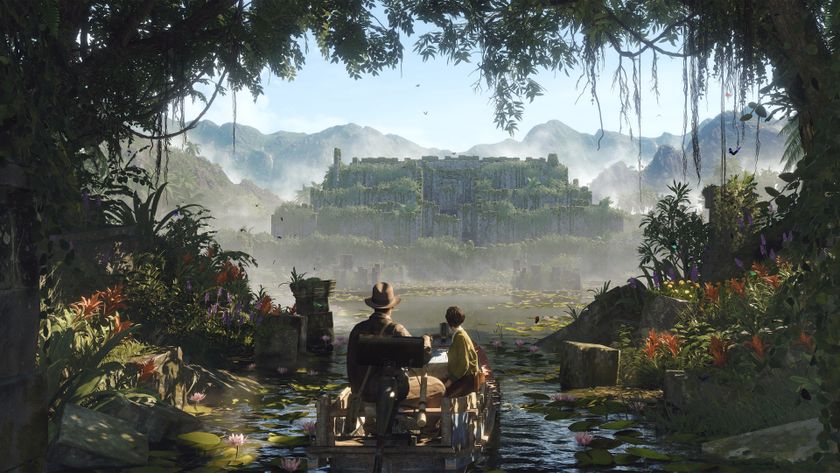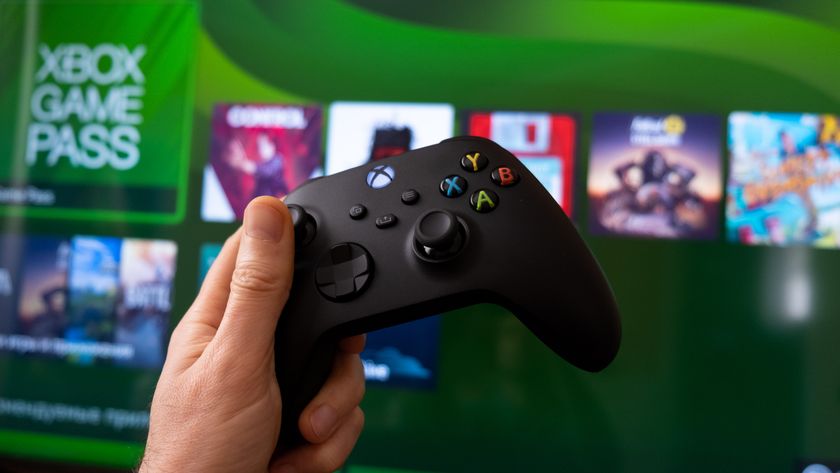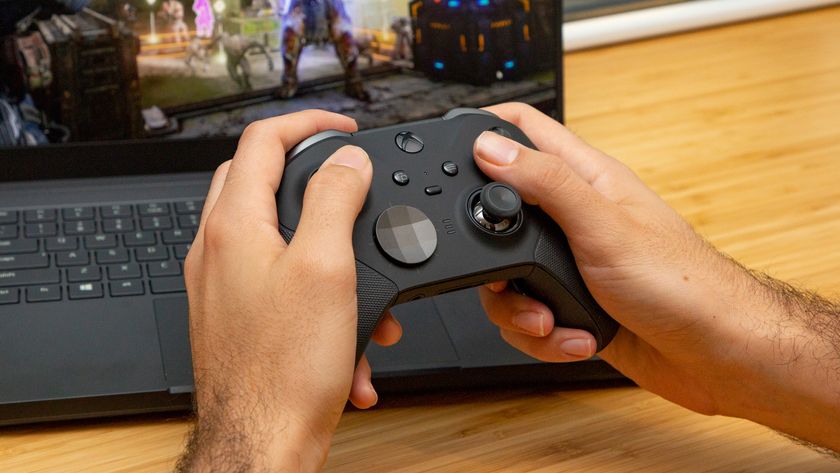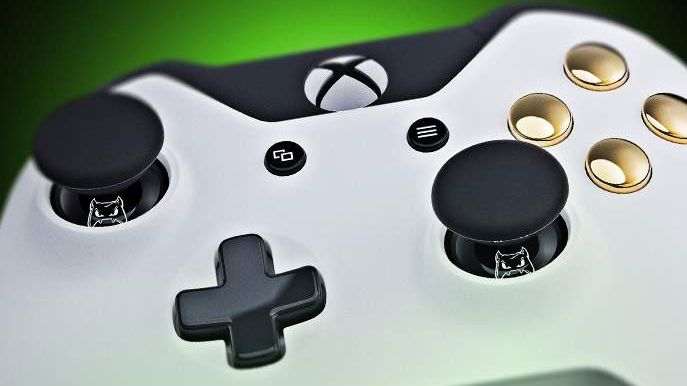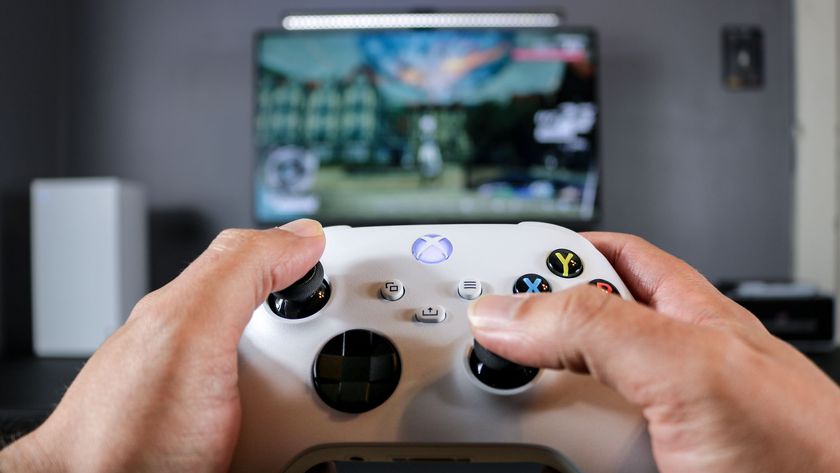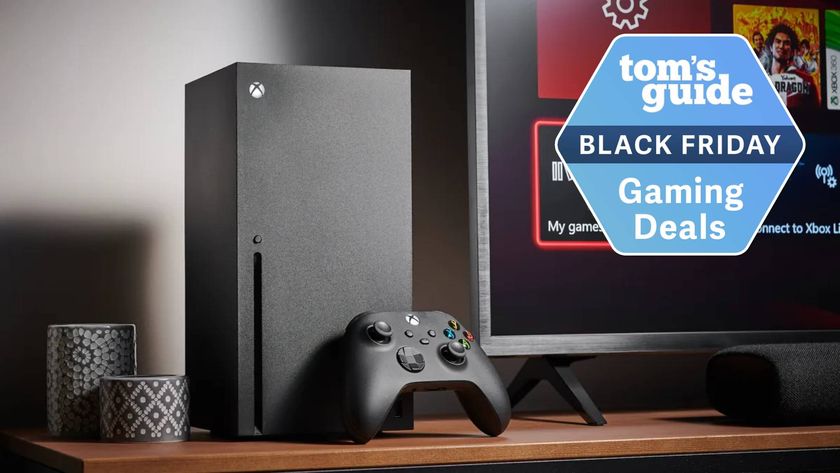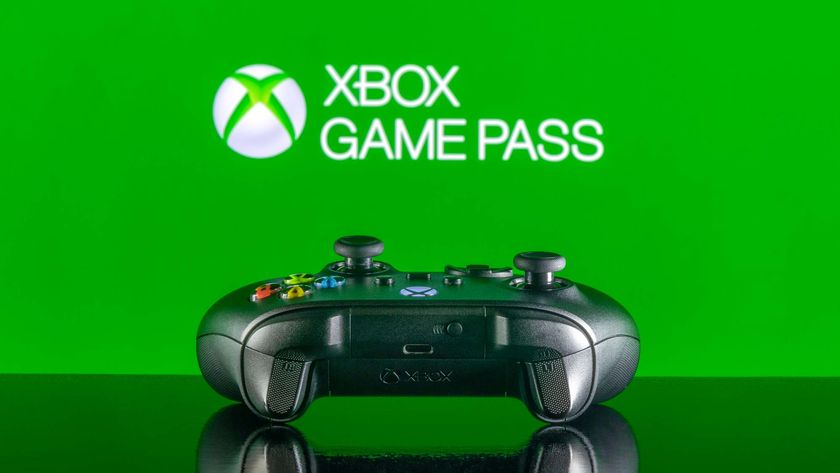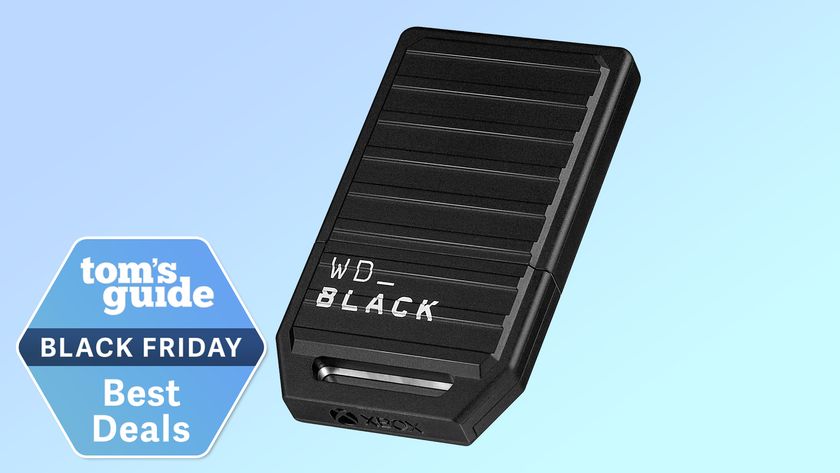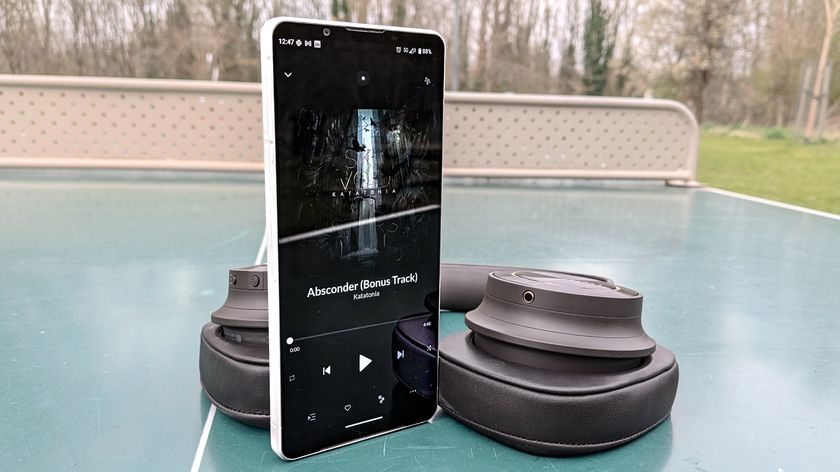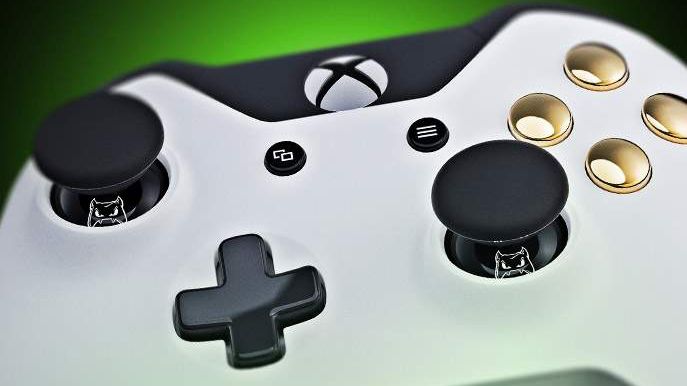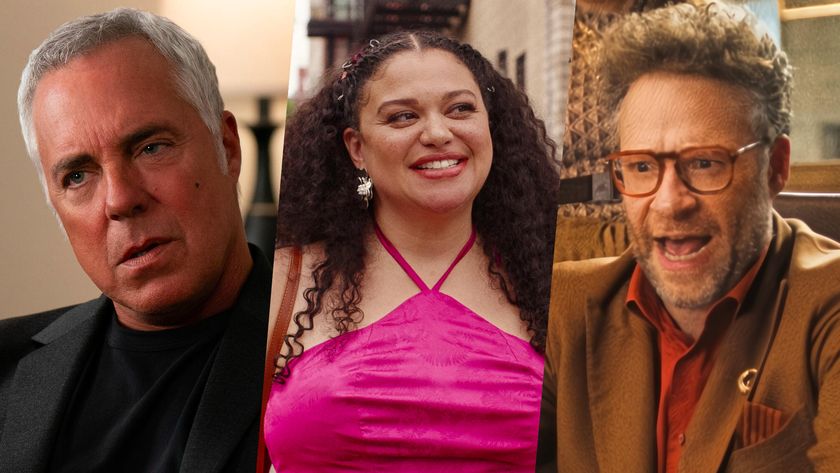Is Xbox Game Studios going to become a third-party publisher? Let’s predict the future
Could Xbox be going the way of Sega?
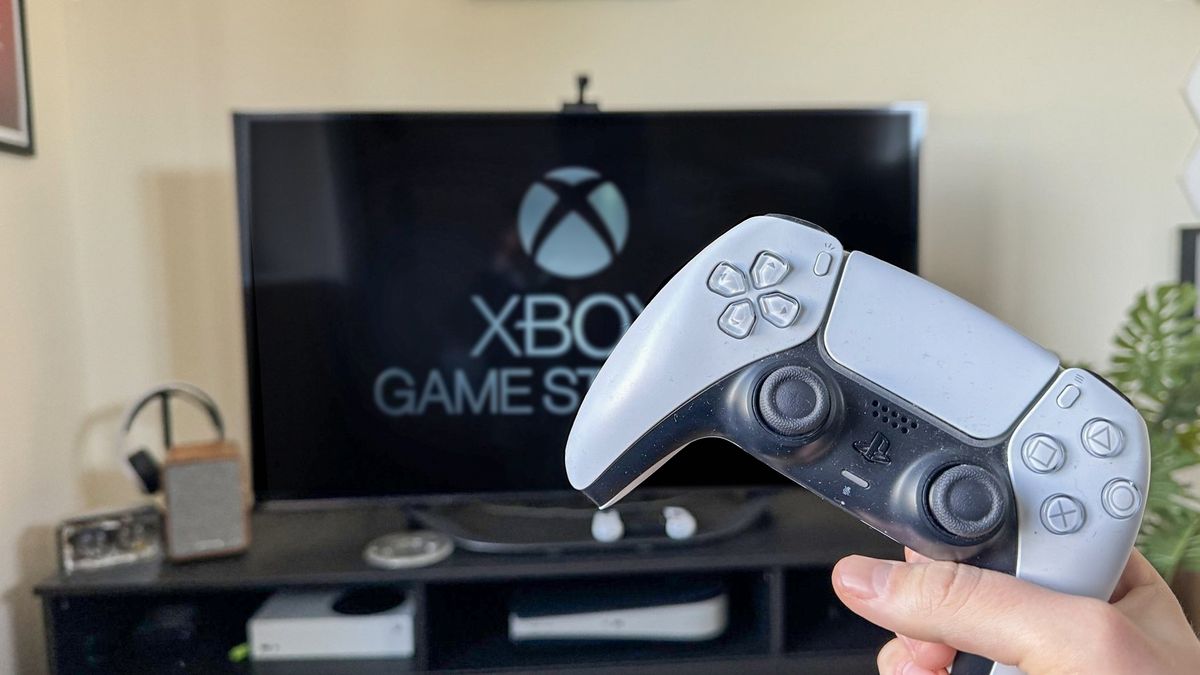
If you've been anywhere near gaming news over the past couple of weeks, you'll have noticed one key running theme — Microsoft is sending mixed signals about the future of Xbox.
On one side, you have the chief Phil Spencer being clear that the company has "no plans to bring Xbox Game Pass to PlayStation or Nintendo," but on the other, you've got Satya Nadella talking about being a "good publisher" on these platforms.
With sales of the Xbox Series X and Series S paling in comparison to the PS5 and Switch, and Microsoft spending billions and billions on hoovering up some of the best studios in the world, the question has been posed: could Xbox Game Studios become a formidable third-party publisher?
Rather than get into the nitty gritty of what was and wasn't said, the gaming experts at Tom's Guide have weighed in and made their bets on what could happen over the next few years.
“It’s only a matter of time.” - Jason England

Let me make one thing clear from the get-go — I’m not here to argue the semantics of what Satya said specifically. Especially since his security shoved me out of the way when I spotted him checking out Miroki at CES 2024. Those guys scare me, and I want no part in anything that could see them appear at my home address.
But let’s look at the reality of Xbox’s situation right now. While PS5 sales rose by a massive 143% over last year, Series X/S dropped by 52% across Europe. In fact, Sony’s machine outsold Microsoft’s consoles by 3-to-1, as reported by IGN. Add to that a (in my opinion only) disappointing 2023 for Xbox Game Studios, and at some point, you’ve got to start thinking about the fiduciary duty Microsoft has to its board and investors.
I mean at one point, Phil claimed that “games don’t sell consoles,” which fundamentally misses the point on why this hardware exists to begin with. You need system sellers, and the seemingly agnostic nature of Game Pass just doesn’t seem to be the selling point that Microsoft was hoping for.
Sign up to get the BEST of Tom's Guide direct to your inbox.
Get instant access to breaking news, the hottest reviews, great deals and helpful tips.
I predict that it’s only a matter of time until we see Xbox Game Studios titles begin to appear on PS5 and Nintendo Switch 2, as Microsoft starts to use its position as a powerful third-party publisher to shift more subscriptions to its cloud gaming service. The full-cost titles will reap the profits, and essentially work like a trojan horse to get people playing its games on any screen with ease.
“Xbox is still a major console player.” - Rory Mellon

There’s no escaping the fact that in the (entirely pointless) PS5 vs. Xbox Series X war, it’s Sony’s console that is comfortably on top. While the Nintendo Switch has carved out its own market space, Xbox’s hardware offering hasn’t quite caught on with gamers this generation.
Microsoft suggests that it’s more concerned with how you play your games (i.e. playing via Game Pass) than where you play them, but I remain unconvinced that Microsoft has any plans to cede the console gaming market to Sony and Nintendo anytime soon. Even if Xbox isn’t the top dog at the table, it still holds a valuable slice of the market. Plus, Xbox is one of the most powerful and recognizable brands in any industry. That’s worth protecting and investing in from a business perspective.
Remember we're talking about the company that shelled out more than $76 billion to acquire two major publishers, ZeniMax Media and Activision-Blizzard, in the last few years. And what was Microsoft’s first move after buying the former? To immediately make its biggest game in a decade, Starfield, a console exclusive to Xbox. Those are not the actions of a company that is preparing to throw in the towel and become a third-party publisher that makes its flagship games available on PS5.
I could see Microsoft opting to allow “smaller” games like Hi-Fi Rush or Sea of Thieves onto rival platforms after a period of Xbox exclusively, but if you want to play the big guns like Elder Scrolls 6, Fable and the next Forza, you’ll need an Xbox or Windows PC. Unless of course Sony has a dramatic change of heart and agrees to allow Game Pass onto its hardware, but we’ll get Bloodborne 2 before then.
“As long as you have Game Pass, Microsoft doesn’t care where you play.” – Dave Meikleham

Kudos for Microsoft for keeping at the hardware game, and the level at money at play is obviously in a different stratosphere, but this whole situation with MS feels a bit “Dreamcast-y” to me. The Sega Genesis was a colossal success in the early ‘90s, but shortly after the turn of the Millennium, the company’s final console (the Sega Dreamcast), tapped out just three short years after launching. That’s because the PS2 absolutely bodied it; much like the PS5 is currently bodying Xbox Series X in terms of hardware sales.
What seems clear is that as long as you’re an Xbox Game Pass subscriber, Microsoft doesn’t overly care where you play its games. Upgrade to the Ultimate tier and you’re free to play all of Microsoft’s (admittedly limited pool) of must-play first-party exclusives on one of the best gaming PCs. Hell, with a little tweaking, you can even get Game Pass working on the Steam Deck.
Can I see a future where a company that made its billions through software sales in the PC space quit the hardware game altogether? Absolutely. With the portfolio of studios the company has acquired, coupled with disappointing Series X sales, I can easily envision a future where Microsoft “does a Sega”, physical Xboxes stop being made and the tech giant consoles itself by running the most successful gaming subscription service in the world. Hoo-boy is it gonna be sweet playing Halo Infinite 3 on my PS7.
“Xbox’s biggest exclusive is Microsoft’s money.” - Tony Polanco

Almost as soon as the year began we heard rumors of Xbox Games Studios going third-party. This all started after a report claimed that Microsoft-owned Hi-Fi Rush was coming to the Nintendo Switch (via IGN). Microsoft CEO Satya Nadella added more fuel to the fire by saying that he wants the company to be a “good publisher” on Sony and Nintendo’s systems (via The Verge). Given how the Redmond-based tech giant will release games like Call of Duty (which it now owns) to PlayStation, it’s no wonder folks now believe Xbox Game Studios might eventually go third-party.
So will this happen? It’s hard to say. I’ve always maintained that Xbox’s biggest exclusive is Microsoft’s money. Even if Xbox is in third place behind PlayStation and Nintendo (which has been the case for over half a decade), Microsoft won’t go broke by continuing to fund the Xbox division.
On the other hand, Microsoft is, at its core, a software company, so it wouldn’t be surprising if it decided to stop manufacturing Xbox consoles and focus solely on Xbox Game Pass on multiple platforms. Phil Spencer said this isn’t happening (via GameIndustryBiz), but anything is subject to change. Of course, the only way we’ll see Xbox Game Pass on PlayStation and Nintendo is if those entities allow it — and I don’t see that happening, at least any time soon.
Even if Xbox Game Pass never comes to rival platforms, individual games certainly will. So in that sense, Xbox is already a third-party developer. That might stifle Xbox console sales, but if Microsoft can make up the difference via game sales on other platforms, then it might be worth it — both to gamers and Microsoft’s investors.
“What’s wrong with a bit more inclusivity in gaming?” - Ryan Epps

In his book “Opening the Xbox” (which was published in 2002), Dean Takahashi wrote, “Time will tell if Microsoft will take over the video game business and control the future of entertainment in the same way that it has absorbed so many other high-tech markets. Brilliant or stupid. Fast or slow. Does Microsoft really get it?”
Now, nearly 22 years later, we’re still wondering the same thing. Does Microsoft truly get what it’s doing in the video game industry? Are they really looking out for what gamers want and (most importantly) what its investors need? That’s a tough question to answer, especially given Nadella's comments.
Since the Xbox One era, Microsoft has struggled to maintain its stranglehold on the gaming environment. Long gone are the days of breaking 10M US sales numbers in the face of a devastating red ring of death as seen with the Xbox 360. Nowadays, almost hilariously, it’s lucky to release even a well-beloved piece of software let alone a gaming console that can stand toe to toe with the machines pioneered by Sony and Nintendo.
Clearly the cloud and its subscription services are the most important aspects of Xbox’s current business strategy. But, I think most telling of all in terms of the company’s potential for going bigger and releasing on a wider net of consoles is Phil Spencer’s comments made to The Verge all the way back in 2019, citing that both “subscribers” and “how many games people are buying” prove far more important than overall console sales.
Software sales are incredibly important not just to Microsoft itself but to the industry writ large. Consoles are sold typically at a loss in order to bring on new consumers, whereas the money is primarily in game sales (and subscriptions). Thus, there’s certainly a reality wherein the next Halo or Gears of War can be played on PlayStation or even Nintendo hardware, but I don’t think that means Xbox is done making consoles, though.
If it does prove to become a third-party publisher (and I personally don’t see why it wouldn’t), it will have to tread very carefully though, as Xbox has some of the most die-hard, ride or die fans in the industry. Some may not take too kindly to this potential new mode of thinking, but it will definitely invite a more inclusive gaming atmosphere – and that I’m all here for.
“Mercenary tactics.” - Jeff Parsons

Microsoft would almost certainly abandon the Xbox hardware in its current form to push Xbox Game Studios into being the world’s biggest third-party publisher if it led to results. While Sony and Nintendo have largely focused on the games themselves, Microsoft always seemed to me to be about the bigger entertainment experience. Positioning its systems as home entertainment centers as much as games consoles was the precursor to trying to build the “Netflix of games” in Game Pass.
Microsoft has its roots in software, not gaming. And the tech industry as a whole is embracing services and subscriptions over circuit boards and chassis. When you have shareholders to answer to, there’s only so much time and energy you can put into a losing battle. Like any good mercenary, Microsoft will go where the gold is and if that means pushing Xbox Game Studios at the expense of Xbox hardware, I can see it happening.
Will the consoles vanish overnight? Unlikely. I can see the appeal of Microsoft keeping at least the Series S going in some form for a generation or two — to try and hit the university campus scene or the casual gamer not interested in Nintendo. But at the top level; neither the One X or the Series X have been able to go toe-to-toe with PlayStation. So phasing that out at the same time as ramping up Xbox Game Studios going multi-platform would certainly seem like a good economic bet as things stand.
More from Tom's Guide

Jason brings a decade of tech and gaming journalism experience to his role as a Managing Editor of Computing at Tom's Guide. He has previously written for Laptop Mag, Tom's Hardware, Kotaku, Stuff and BBC Science Focus. In his spare time, you'll find Jason looking for good dogs to pet or thinking about eating pizza if he isn't already.
- Jeff ParsonsUK Editor In Chief
- Rory MellonEntertainment Editor (UK)
- Tony PolancoSenior Computing Writer
- Dave MeiklehamUK Computing Editor
- Ryan EppsStaff Writer
